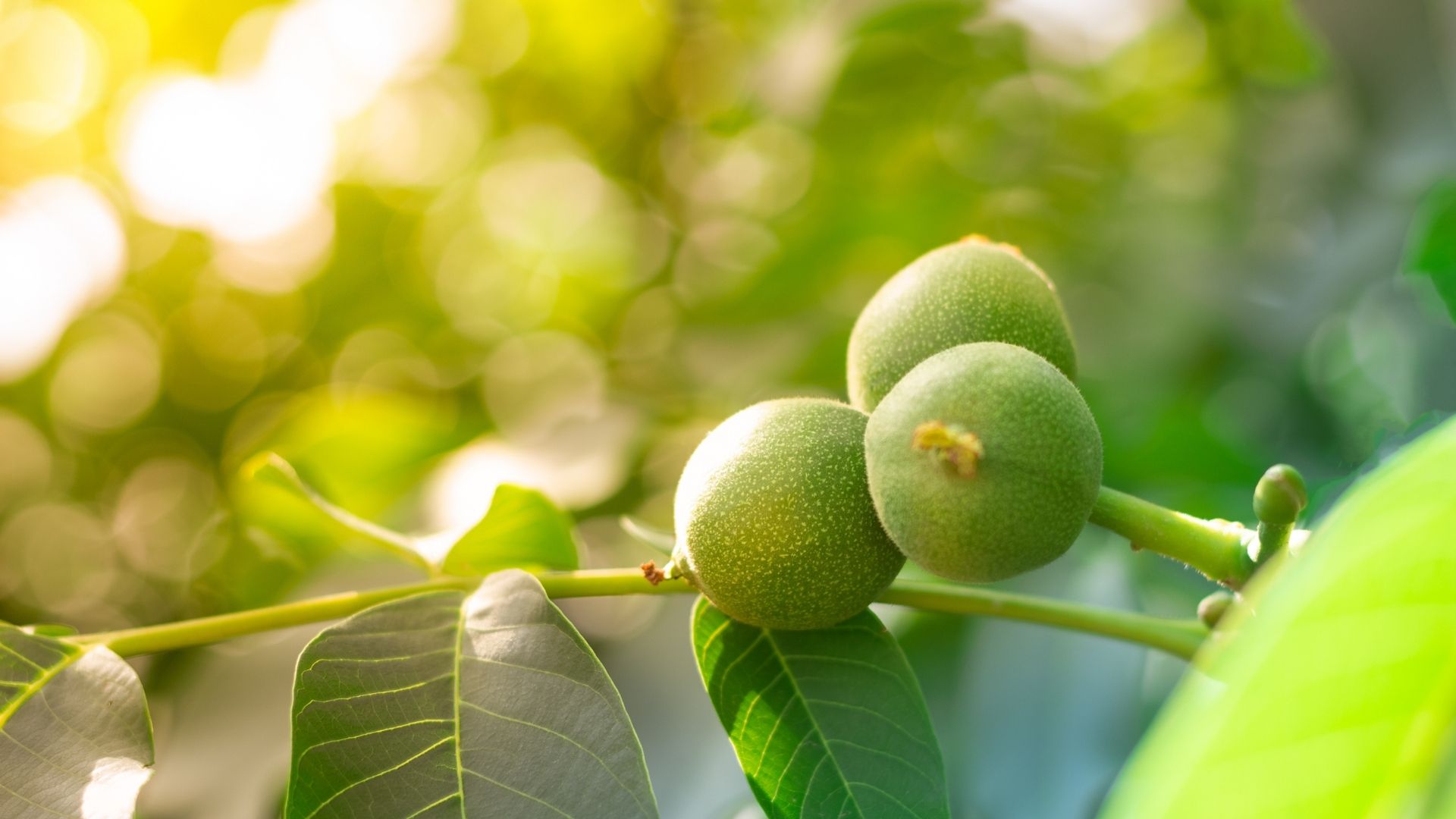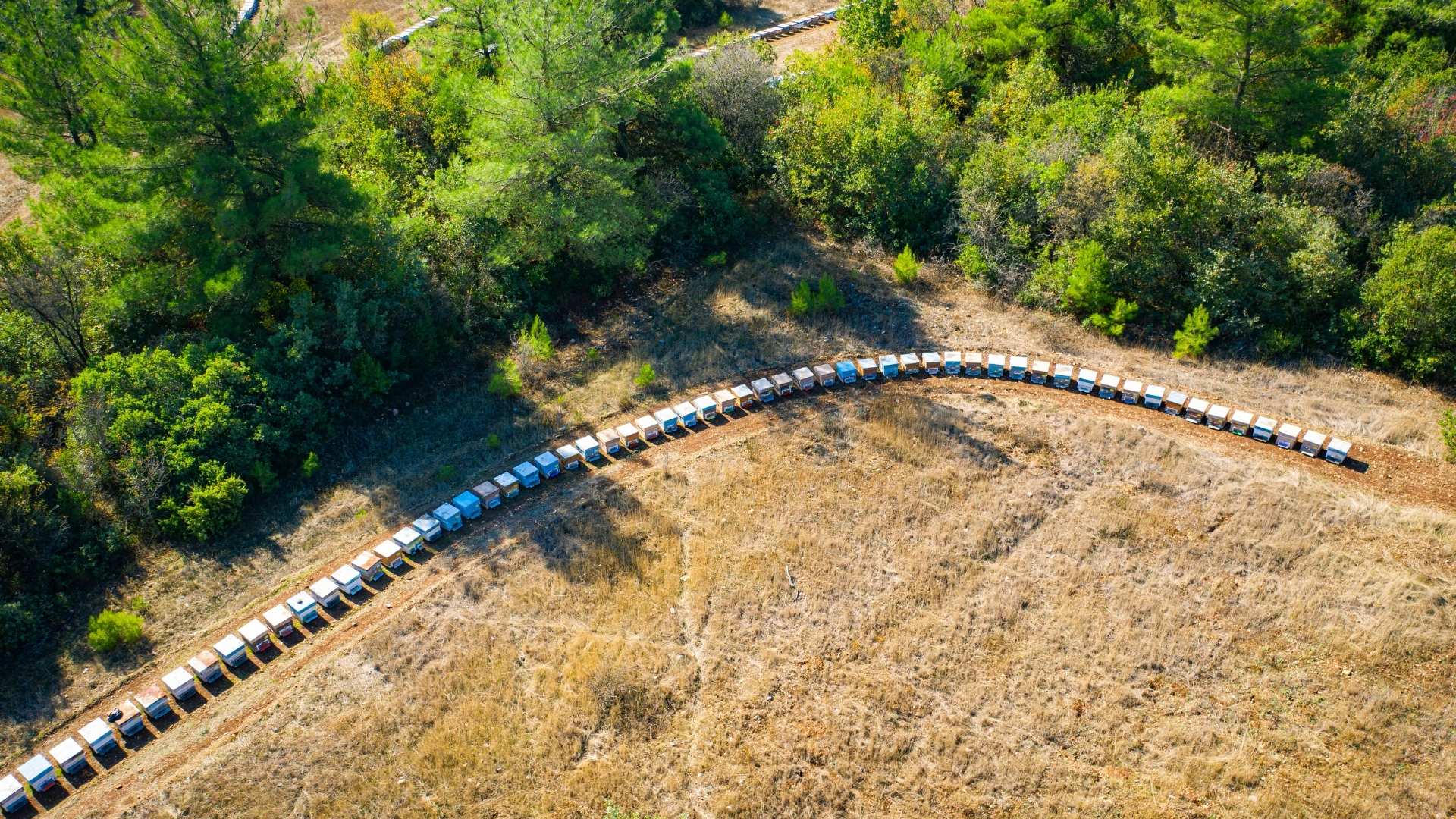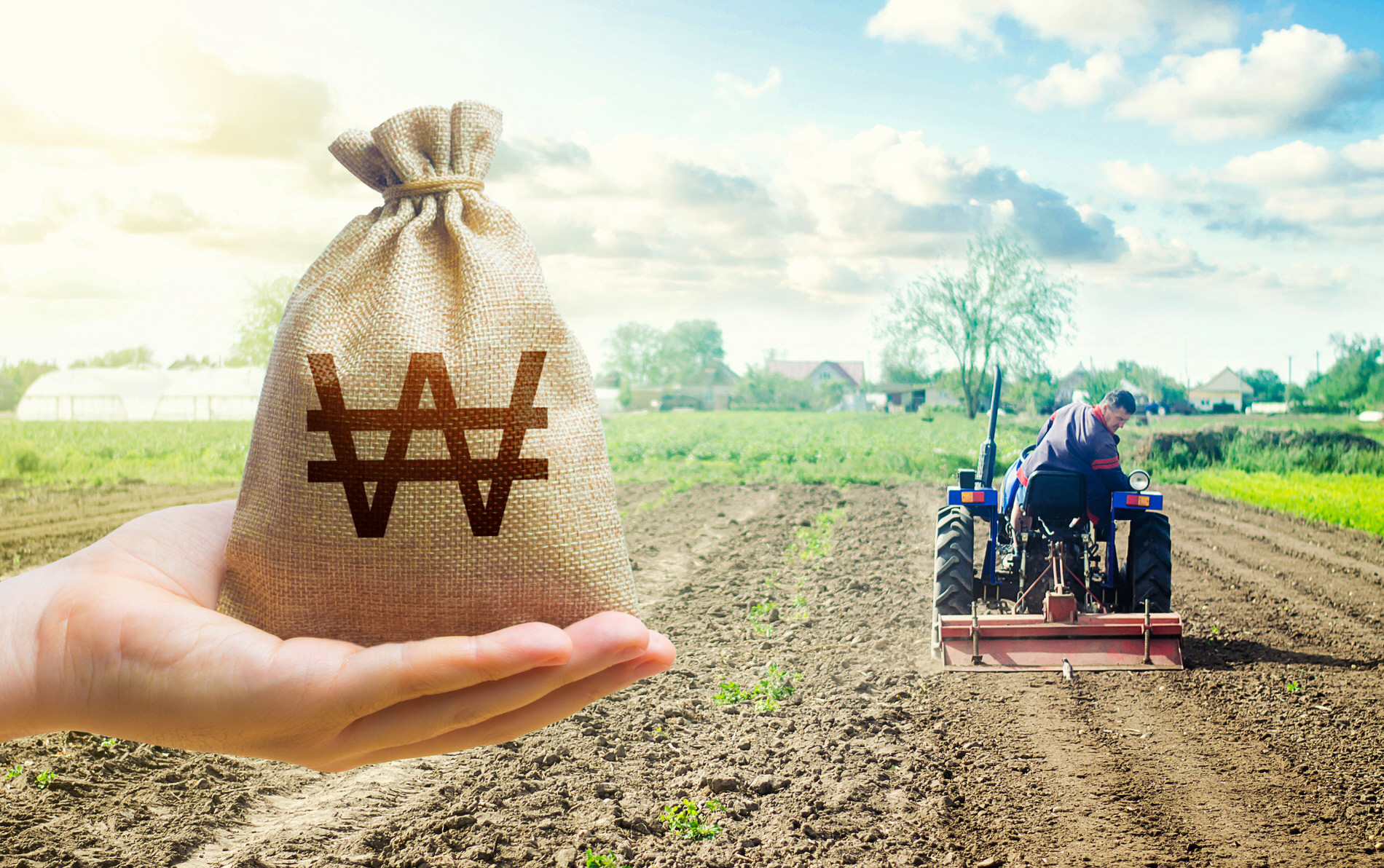
Farmland Investment: A Sure-Fire Winner
In our modern world, the population is exponentially growing, and resources are finite. As such, the agricultural sector plays a vital role in the functioning of our social, industrial, and commercial systems. As the main source of raw materials, a provider of our food supply, and a significant contributor to economic activity, the need for productive and sustainable farming is only going to increase. Recent global events such as the Pandemic and the conflict between Russia and Ukraine have brought into even starker contrast the pressures of demand within our supply chains and the importance of agriculture as the backbone of our economic system.
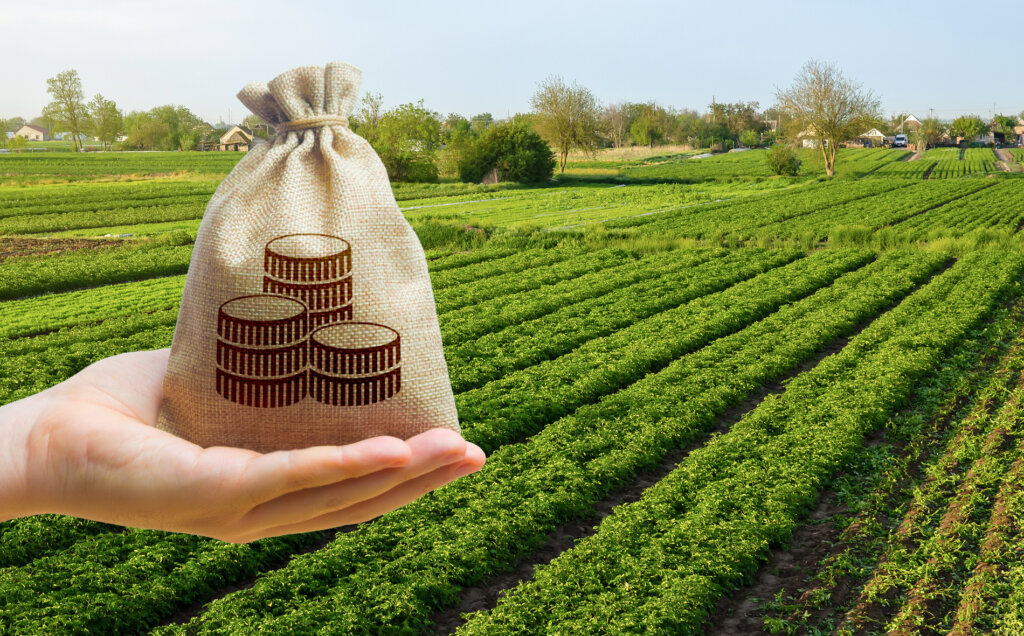
This fact has not escaped some of the world’s most recognized hyper-wealthy. As the pandemic was in full swing back in January of 2021, Bill Gates was reported as the biggest owner of farmland in America with an astounding 269,000 acres. He was in a similarly rich company with CNN founder Ted Turner and Amazon’s Jeff Bezos also noted for their significant land acquisitions. Their motivation? Simple. Farmland investment is a good one as it is a limited resource (plus land investment is one of the oldest classes there is). Let’s explore the primary advantages of farmland investing to discover why it is a safe investment.
Hedge against inflation
Farmland is a productive asset giving us much-needed commodities such as wheat, grain, and cotton. Consequently, and unlike most other assets, it benefits from inflation. Historically farmland values have followed the movement of inflation closely, with a 70% correlation with the Consumer Price Index (CPI) and a 79.84% correlation with the Producer Price Index (PPI). This trend has led farmland to be considered a ‘gold-like’ investment with the benefit of producing a yield. As the price of food increases, commodity prices follow suit and land value goes up, so farmland is extremely effective in hedging against inflation.
Favorable risk-reward ratio
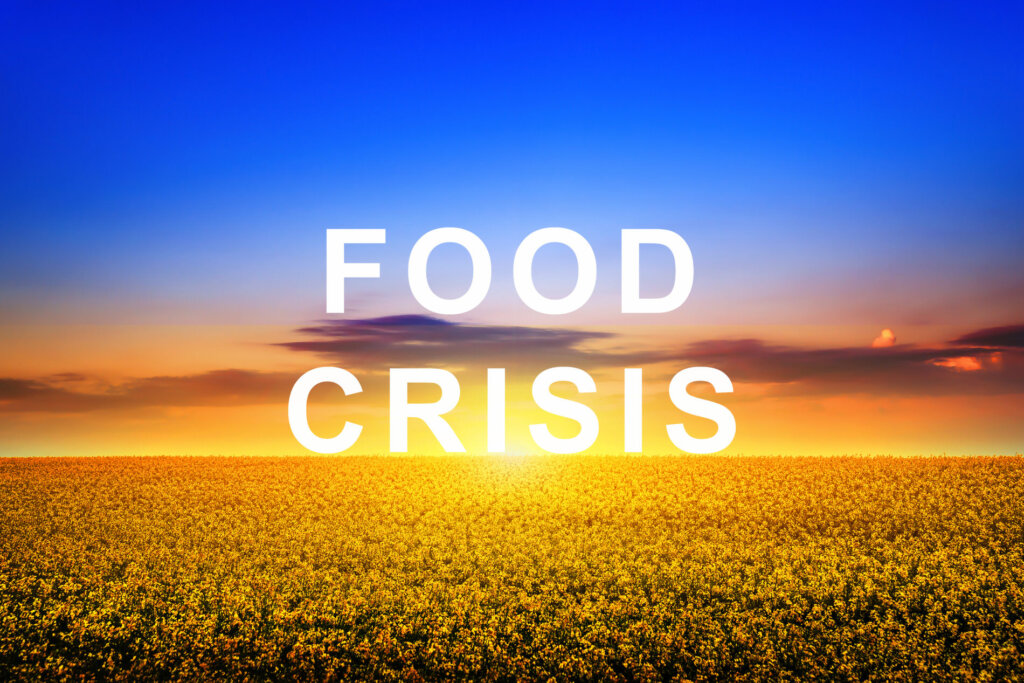
Looking beyond traditional, popular investments it is possible to find high-return, low-risk asset classes, and farmland fits neatly into this category. It is a durable, consistent investment with significant potential and notably low volatility. Furthermore, it can endure uncertainty in the market, and can even generate inflation-proof income with a low correlation to other real assets. Farmland is also gaining acceptance as an asset class alongside other real estate categories like residential and commercial. However, prices in these categories are far more volatile rising and crashing in line with market events. In contrast farmland shares many of the benefits of other real estate categories but with a significantly lower risk profile as it does not rely on the same external factors to sustain its value.
Supply and demand
A necessary staple for our daily lives, edible commodities produced on farmland will always fall into the category of ‘need’. Couple this with the decreasing amount of arable land available due to other industries’ growth and you get a supply and demand imbalance. Population growth is expected to multiply by a further 2 billion once we reach the year 2050. Accordingly, the forecasted increase needed in global crop production is 70%. Therefore, following the basic principles of economics, as the demand for food increases and the supply of quality land decreases, the value of farmland and the commodities it produces will increase.
A great option for diversifying portfolios
Smart investors will appreciate the importance of having a strong and diversified portfolio. Traditionally, investors would split their investments into stock and bonds. However, with the emergence of alternative investment options such as real estate, cryptocurrency, and farmland, investors are exploring new ways to diversify their portfolios to lower overall volatility. In times of market uncertainty, the returns of farmland investments have proven to be uncorrelated to other asset classes. The countercyclical trend it displays in the stock market makes farmland investing a strong candidate for diversification and reducing the overall risk profile of an investment portfolio.
The Bottom Line
On reviewing the advantages of investing in farmland it feels almost intuitive that farmland would make an excellent long-term investment. In comparison to other asset classes, we can see that farmland investments have great performance in times of recession and market uncertainty. If you are considering investing in farmland, our Managed Farmlands model offers the opportunity to own high-quality arable land which is run by experienced professionals. Unlock the potential of farmland investing with invest4land by contacting our team of expert consultants today.


